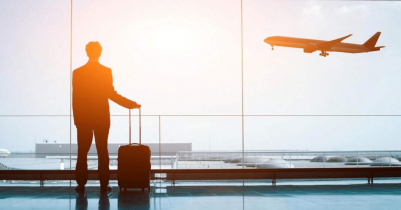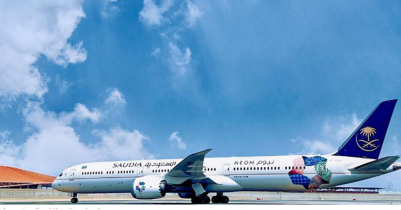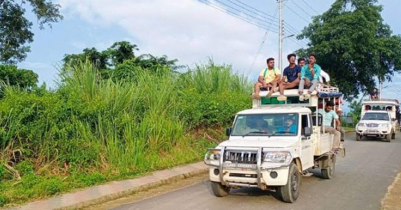Eye News Desk
South Korea unveils 5year plan to attract 3 Lakh foreign students
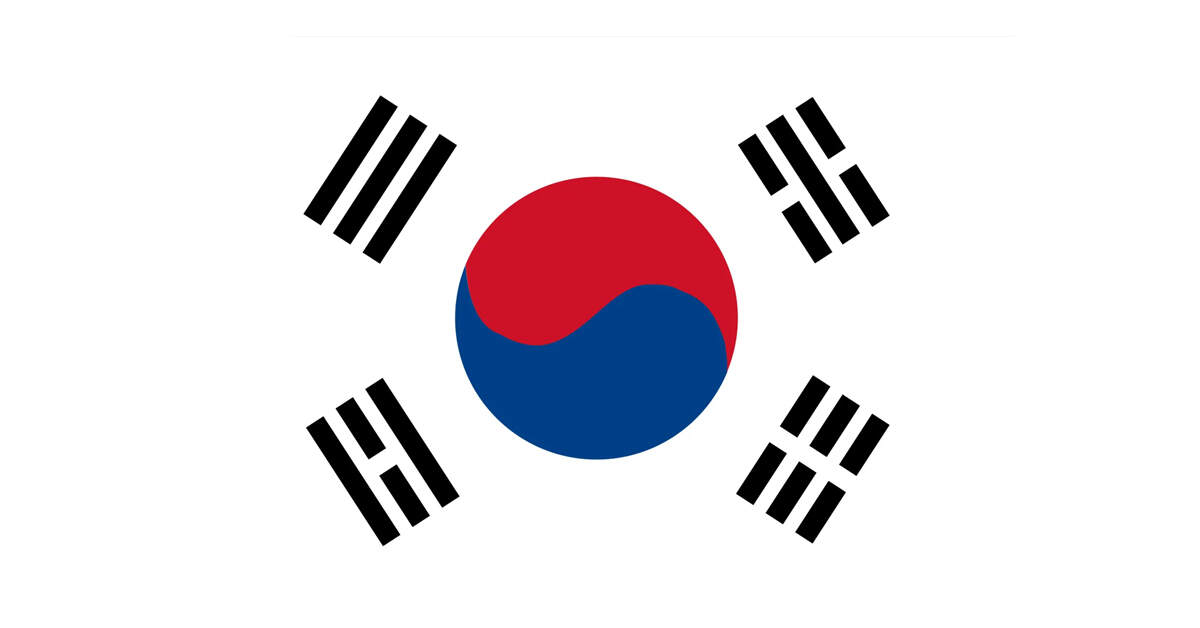
South Korea’s Ministry of Education on Wednesday unveiled a five-year plan aimed at attracting 300,000 international students to tackle the nation’s rapidly declining school-age population and strengthen the competitiveness of local universities already reeling from enrolment shortages.
To attract more foreign students to enrol in South Korean universities, the Education Ministry plans to revise the International Education Quality Assurance System, which stipulates that more than 30 per cent of foreign first-year students must be level-two or level-three holders of the Test of Proficiency in Korean (Topik).
The ministry will consider lifting the requirement while strengthening education on Korean language and culture. It will also make the Topik exam available online. And it will team up with the Culture Ministry to cater to growing demand for Korean language learning.
Addressing the prolonged decline in birth rate, leading to labour shortages and a workforce affected by brain drain, the ministry said it would bring in foreign students specialising in science, technology and engineering to bolster the country’s high-tech industries.
Through the fully funded Global Korea Scholarship, it will provide financial aid for 2,700 international students studying science and engineering in master’s and doctoral programmes by 2027. The scholarship will also support 6,000 non-science-subject students.
To attract high-skilled talent, the ministry hopes to expand state scholarships for students from countries with high demand for economic cooperation with South Korea. These include Poland – known for its aerospace and defence industries – and the United Arab Emirates, which has a large nuclear energy sector.
Students from China, Vietnam and Uzbekistan now make up 68 per cent of the international student quota in South Korea, with many of them concentrating on humanities majors, according to the ministry.
Calling cutting-edge industries the “source of national competitiveness”, Education Minister Lee Ju-ho said his ministry is committed to supporting foreign talents to settle in local communities.
“We are in desperate need of nurturing (science) talent at a time when the war for technological supremacy is intensifying. Japan, for example, has set a target of attracting 400,000 foreign students by 2033. Now is the time to attract foreign talent strategically,” Mr Lee said during a press briefing at the Government Complex Seoul.
Under the new scheme, his ministry will team up with the Ministry of Justice to establish a fast-track visa system to woo foreign science and technology talent so that foreign-born applicants will no longer face red tape and excessive visa delays.
South Korea has seen higher numbers of foreign students in recent years, with 153,695 of them entering the country in 2020, 152,281 in 2021 and 166,892 in 2022, despite the coronavirus. Nearly 30,000 foreign students graduate from South Korean universities annually, the data shows.
But unlike global competitors such as Japan and the United States, South Korea restricts international students’ pathways to residency and employment and companies refrain from recruiting foreign applicants owing to visa issues, ultimately driving them to other destinations or to return home.
Once the scheme takes effect, students with a master’s or doctoral degree in science and technology can receive permanent resident status or South Korean citizenship in three years instead of six.
And the Education Ministry will help science and technology students gain work experience in their fields at medium-sized companies after graduating.
Those with a D-2 visa, or student visa, will be able to work up to 40 hours a week. Previously, they were not allowed to work more than 25 hours a week. Foreign students can also do up to 30 hours of part-time work.
Separately, a “science card”, which includes incentives such as a longer stay in South Korea, will be given to international students recruited by national research institutes.
To draw foreign talent from English-speaking countries, the ministry plans to offer more courses taught in English at universities, since most university classes are in Korean. Tailor-made courses on academic writing and research ethics will be available on open online services that provide free education courses.
The ministry will also inject 80.7 billion won (S$81.9 million) into universities’ graduate school support projects. This aims to improve the universities’ academic climate and capacity to respond to societal changes, and enhance the quality of the international student experience on campus.
The ministry will collaborate with regional administrations beyond Seoul to attract international talent to universities in these areas, which it sees as a measure that could rescue colleges in rural areas suffering from enrolment shortages.
It plans to rename international education zones “global talent-focused special zones for the internationalisation of education” to develop regional balance and foreign talent.
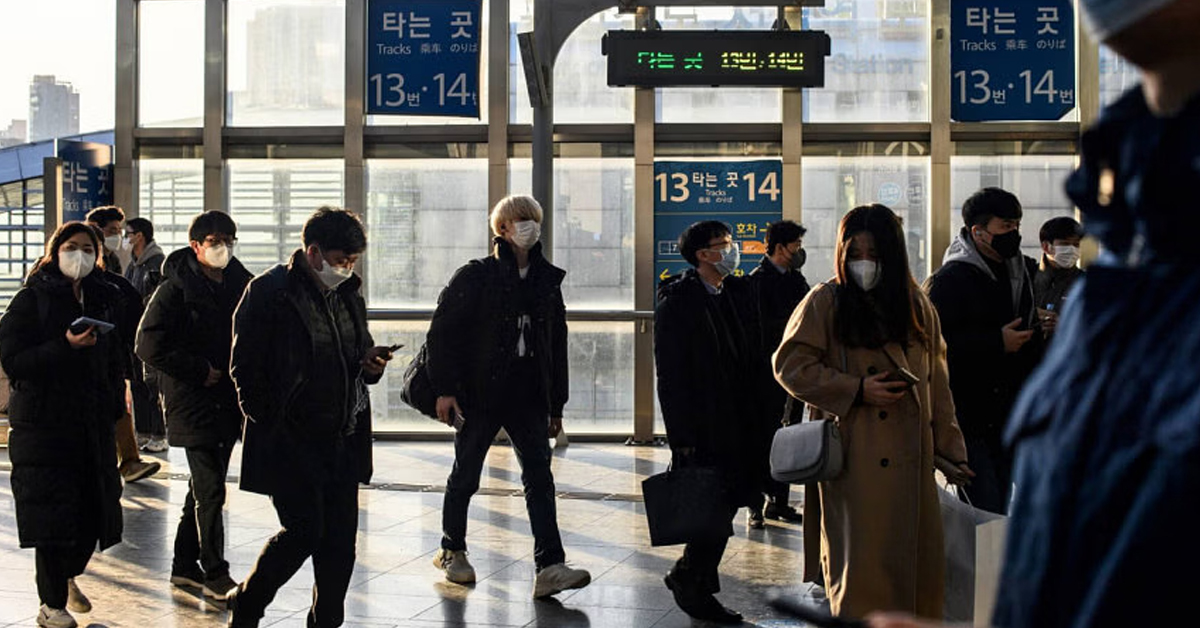
The government will also establish service centres for international students at overseas South Korean education centres to encourage them to study in South Korea.
For non-science students, the ministry will help them learn Korean culture and norms through courses at Korean language centres. They can also explore career paths through internship programmes and hands-on experiences offered by universities and local governments.
More international exchange programmes will be offered to elementary, middle- and high-schoolers so that young foreign students can later visit South Korea for academic purposes.
“Strengthened trilateral cooperation between South Korea, the US and Japan, for example, could pave the way for more diverse youth exchanges and study-abroad programmes that could improve students intellectually,” Mr Lee said.
The Education Ministry also said it would establish a consultative body with related government offices.
The Justice Ministry will integrate into the scheme its capacity to improve visa conditions. The Ministry of Science and ICT, the Ministry of Trade, Industry and Energy and the Finance Ministry will also offer support for research activities and scholarship programmes.
Read More
- The heavenly beauty of Bandarban
- Bandarban tour with my mother on Eid vacation
- 4 places to visit in Tangail
- Meghalaya: A domain Of Clouds and hills
- Explore Maldives with US-Bangla at low cost
- Nepali climber makes record 27th Everest summit
- Conquering thyself: A solo climb of Mount Pisang
- Tanguar Haor : striking beauty of water and hills
- Air travel tax may surge
- Bangladesh-India trains: BR increased the fares




